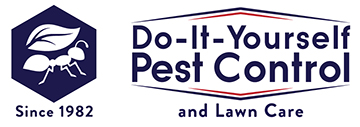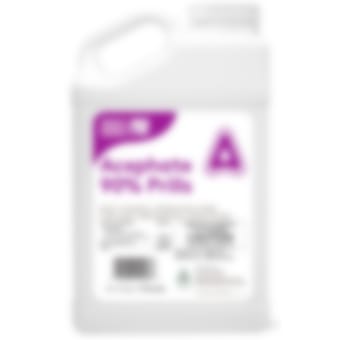Acephate

What is Acephate?
Acephate, (O, S-Dimethyl Acetyphosphoramidothioate ) is of the Organophosphate family of chemicals.
Acephate is commonly used in the treatment of aphids, leaf miners, caterpillars, sawflies, thrips, and imported fire ants. It is used throughout the agricultural community on vegetables, fruits, berries, cotton, tobacco, and herbs. It is also used in the horticulture and forestry industries, as well as a commercial, industrial and residential pest control. Acephate has been in use since the 1970s and was registered by the EPA in 1973. The United States uses 4 to 5 million pounds of acephate annually.
Mode Of Action - How Acephate Works
Acephate is an organophosphate insecticide (blocks an enzyme in the nervous system) that targets a broad-spectrum of stinging and sucking insects.
Common Acephate Products
- Martin's Surrender Fire Ant Killer or Agrisel Acephate 75- (Acephate 75%) Agricultural and fire ant insecticides.
- Orthene PCO Pellets-This unique 97% formulation of Orthene PCO Pellets is used against German Roaches in restaurants where insect baits can not work.
- Bonide's Systemic Control - An insecticide (Acephate 94%) that acts as a systemic, sprayed on plants to target 100 different listed insect pests.
- Acephate 97 Systemic Insecticide,Acephate 97UP is an insecticide for control of pests on selected agricultural crops an in certain non-crop areas.
Where is Acephate used?
Agricultural communities apply it to crops such as citrus trees, fruit, potatoes, sugar beets, vine plants, mint, cotton, tobacco, hop cultivation, cranberries, and other berries. The Forest industry uses it on pine trees and Christmas trees. Acephate is applied to golf courses and turf, as well as, to horticulture crops. It can also be applied outdoors in residential areas and is often used to control fire ants. As a general use insecticide, it has a residual effect of 10-15 days.
How does Acephate work?
Acephate is an organophosphate, meaning it blocks an enzyme in the nervous system that stops signals to the nerves. Without the enzyme there is over-activity in the nerves, muscles, and/or brain. The nervous system stops functioning and fails. Acephate is absorbed into foliage where it is applied. When the target insect touches or eats it, the acephate takes affect.
How safe is Acephate?
Acephate breaks down quickly in the environment as it is absorbed from the soil by plant roots. The roots then transport the Acephate to other parts of the plant causing little residue on food and in drinking water. The EPA has deemed that those residues do not pose risk concerns. Acephate emits toxic fumes of phosphorus, nitrogen, and sulfur oxides when heated to decomposition. When applying Acephate, wear a mask, avoid contact with skin, and wash thoroughly when finished. Always apply as directed.













